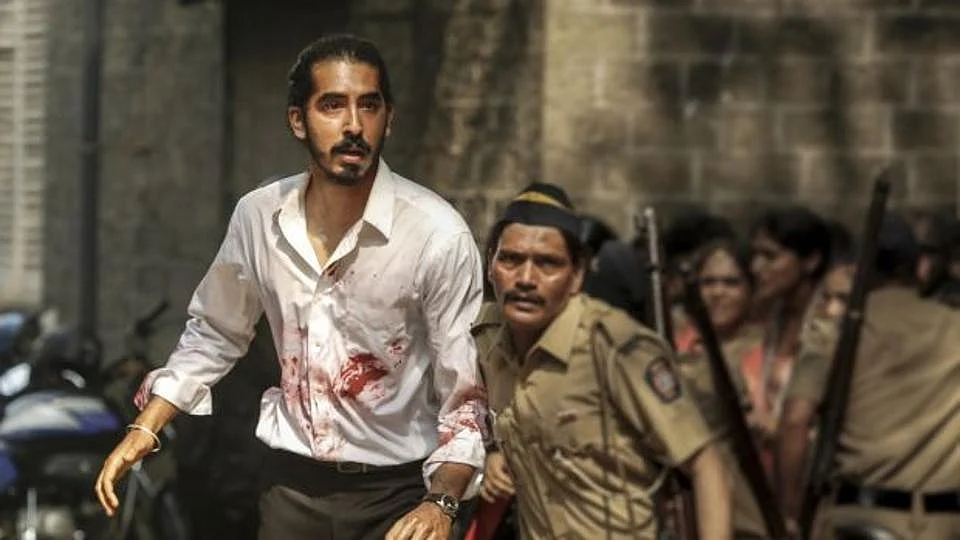‘Hotel Mumbai’ takes us where we don’t want to go
‘Hotel Mumbai’ is a fairly interesting pulp take on the actual incident and better than Ram Gopal Varma’s Attacks Of 26/11. At worst it is a noisy fictionalised version of a true incident

Like all cinema on terrorism, this partially-gripping recreation of the 26/11 terror attack on Mumbai’s Taj hotel, walks that thin cracked-ice line between being vivid and exploitative.
For a film that boasts of so much raw(and still hurting) material and such a charismatic lineup of actors, Hotel Mumbai turns out to be a disappointingly tame affair. It has more bark than actual bite, more spark than a raging fire. The characters are made to behave as if they are part of a normal Hollywood-styled disaster film like Airport, Towering Inferno or Earthquake. There is hardly a person we empathize with as a victim of a monstrous siege when Mumbai was held at gunpoint by a cluster of brainwashed young terror-trained emissaries.
Though providentially they don’t have beards, the terrorists are shown to be a bunch of morons obeying the order from an invisible boss over the phone. One of the terrorists even moans to ‘Abbu’ over the phone how much he loves his ‘Ammi’ and wants to come home. Awww, poor baby.
The realization comes a bit late in the day. The plot is so blind to the ruminative spaces that define a terror-hostage crisis that it all begins to seem more like a horror-thriller than a recreation of an event that Mumbai and India still think back to with disbelief and anger.
Did 26/11 really happen to us? I am afraid Hotel Mumbai is not interested in getting answers to the carnage. The essence of this borderline-exploitative terror treatise is the immediacy of the tragedy. The director goes on his own rampage with the gunshots drowning the voices of terrified hotel guests. Characters trapped in such a situation should be shown forming a protective ring of empathy among themselves. Apart from one relationship, nothing grows in the course of this film. Not even a potted plant.
An actor like Armie Hammer currently a global pinup favourite, is reduced to a sketchy hazy tentative figure who makes a run for his infant child through the smoky sinister corridors of the luxury hotel while the nanny (Tilda Cobham Hervey) hides with the baby in a cupboard. Armie’s wife, a Muslim played by Nazneen Boniadi, offers an interesting possibility of how terrorism is insensitively equated with a particular ethos. But the political debate, whenever the gunshots cease, are so shallow, they reduce the characters’ cultural identity to a mere signpost seen in passing from a speeding vehicle.
The performers are largely required to express fear or run for their lives. Only Anupam Kher as the dignified principled chef of the hotel manages to rise above the chaos to give an empathetic performance. Dev Patel looks nothing like a Sikh and his speech to a baffled ageing female tourist(who is definitely not coming to India for her next vacation) on how sacred his turban is, comes straight from Sunny Deol’s Gadar and Akshay Kumar’s Kesari.
Later the aforementioned turban ( a more well-etched character than the actor wearing it) is used to stop a woman from bleeding to death. Much later, as the smoke and fire are doused, a mother is reunited with her lost child. Manmohan Desai must be smiling.
And I wondered what the fuss was all about. Why ban the film’s screening in the fear that it may incite violent feelings? Nothing in HotelMumbai is so persuasive as to make a difference to our perception of terrorism.
At best, Hotel Mumbai is a fairly interesting pulp take on the actual incident and better than Ram Gopal Varma’s Attacks Of 26/11. At worst it is a noisy bristling fictionalized version of a true incident that should not be tampered with.
Follow us on: Facebook, Twitter, Google News, Instagram
Join our official telegram channel (@nationalherald) and stay updated with the latest headlines